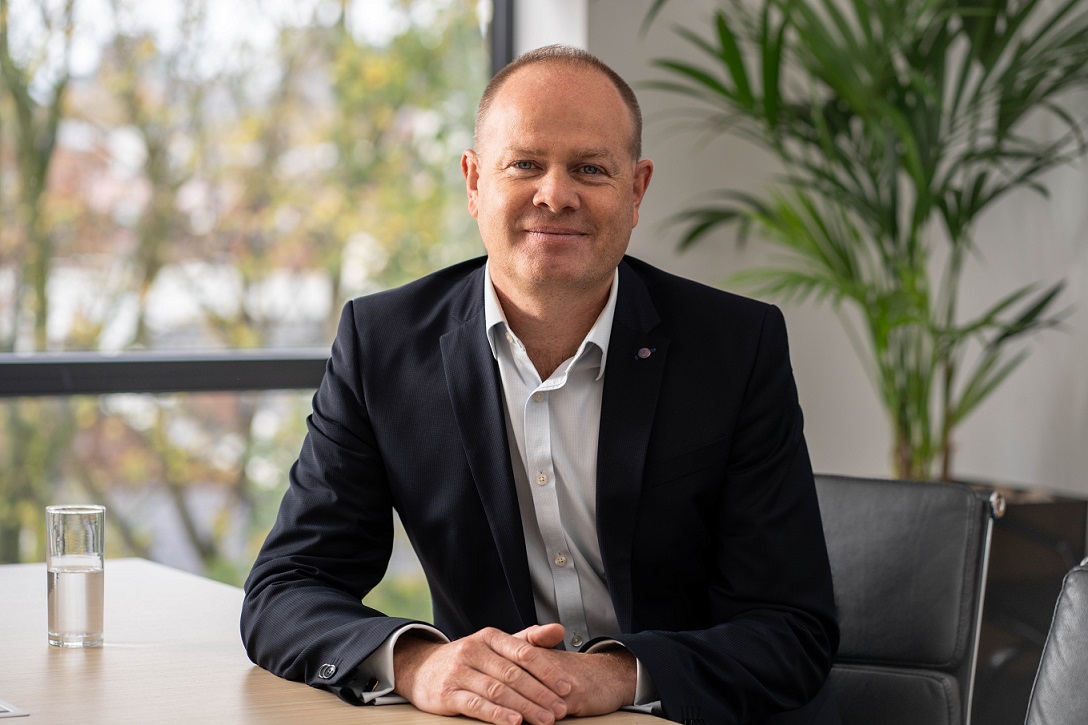
Business owners are holding their breath in trepidation as they await the autumn budget, says Adrian Young, a tax partner at independent accounting and business advisory firm HURST.
He said there is apprehension among entrepreneurs about what Rachel Reeves may unveil when she delivers the budget on Wednesday, November 26.
While Adrian expects corporation tax rates to be held steady, he said employers are ‘bracing themselves for a bumpy ride’ amid concerns over further increases in their national insurance contributions and the national minimum wage.
He warned: “The budget shortfall has been heavily trailed, and borrowing costs continue to increase, meaning the chancellor will continue to struggle to balance the government’s growth agenda against pressing revenue needs.
“Official channels suggest there is no expected change to corporation tax rates or reliefs such as the headline capital allowances regime, research and development tax credits and the patent box, which should help business owners to maintain some level of confidence in their investment and capital expenditure plans.
“However, business leaders remain concerned about employment-related measures such as employers’ national insurance contributions and the national minimum wage.
“These areas are seen as less sensitive than others, as tax-raising plans here can be made without the government being seen to break its 2024 manifesto promises not to raise headline rates of tax on ‘working people’.
“Yet one reason for this continuing trepidation for businesses is because in April employers saw a significant increase in national insurance contributions, with the threshold dropping from £9,100 to £5,000, along with major rises in national minimum wage levels.
“Businesspeople have a consistent message: that the consequences of these changes have been real and largely counterproductive.
“These have included reduced employment generally, a greater reluctance to backfill vacancies, reduced margins and price increases – all during a time where living costs remain a problem for many.”
He added: “Personal taxes such as income tax, employees’ national insurance contributions, and VAT are off-limits politically.
“To make up the predicted budget shortfall beyond employment taxes, the chancellor could reform business property taxes, VAT registration thresholds and stamp duty rules.
“These measures would offer revenue potential without overtly raising headline rates, although quite how much tax they would raise, and the practical implementation of any measures, is perhaps educated guesswork at this stage.
“Corporation tax rates look likely to hold steady, offering some clarity amid an otherwise turbulent fiscal landscape.
“Employers, however, will be holding their breath as they wait to see what further contributions they may be required to make. They will be bracing themselves for a bumpy ride.
“They will want to understand what the measures taken will mean in the medium term for the make-up of their workforce, and then the longer-term sustainability of existing business models, particularly in the hospitality, healthcare and leisure sectors.
“Ultimately, I think the budget will test the chancellor’s ability to reconcile her fiscal objectives with supportive business policy and delivering measures that encourage growth.”
Stockport-headquartered HURST specialises in advising three core client segments – owner-managed businesses, private equity-backed enterprises and UK subsidiaries of overseas parent companies.
Clients include SJM Concerts, Kinaxia Logistics, M&I Materials, Beechfield Brands, Duerr’s, Oliver Valves, Lancashire County Cricket Club, Krones UK, Creamline Dairies, Scapa Group and Hyde Group. Significant recent client wins include Metalor Technologies, beauty brand REFY, the Rugby Football League and Green Part Specialists.
Earlier this year, HURST unveiled plans to double in size amid rapid expansion across the firm. It aims to become a £20m-turnover practice in 2028, fuelled by a growing national client base, extensive recruitment and new service lines to support its ambitions, alongside a multimillion-pound investment in technology.

